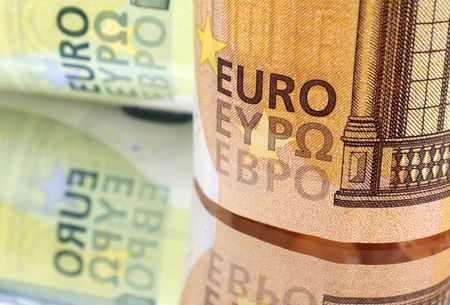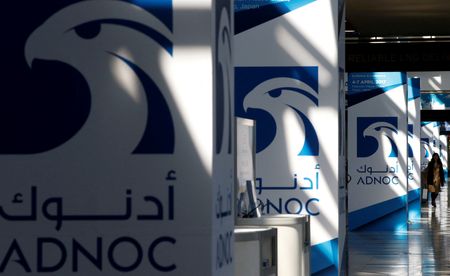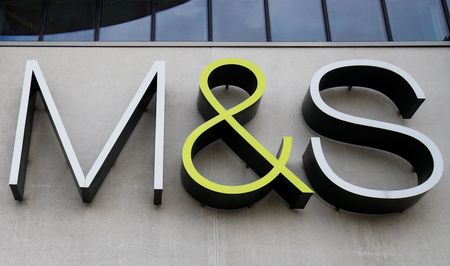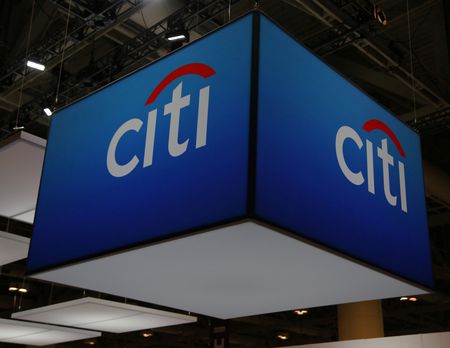BRUSSELS (Reuters) -The European Commission will decide in early June if Bulgaria might enter the euro zone and become the bloc’s 21st member on January 1, 2026.
European Union countries aspiring to adopt the single currency need to fulfil criteria in four areas: inflation, public finances, the exchange rate and long-term borrowing costs.
INFLATION
* Inflation in the candidate country needs to be close to that in the three best performing EU members for a period of one year before examination of the country’s bid. The upper limit for inflation is calculated as the average of the three best performers, plus 1.5 percentage point.
DEFICIT/DEBT
* A country’s budget deficit must be below the European Union’s limit of 3% of gross domestic product (GDP) in a sustainable way.
EXCHANGE RATE
* A candidate country’s currency must remain relatively stable against the euro over two years, in what is called the Exchange Rate Mechanism (ERM-2). The currency can appreciate, but should not devalue in a significant way.
LONG-TERM BORROWING COSTS
* Yields on long-term government bonds issued by the candidate country should not be more than 2 percentage points above the average of the three European Union countries with the lowest inflation, which were used for setting the price stability criterion.
(Reporting by Jan Strupczewski; Editing by Alex Richardson)











